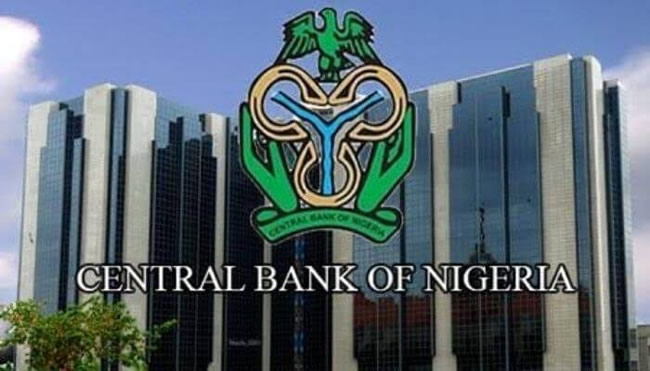Deposit Money Banks have been instructed by the Central Bank of Nigeria (CBN) to move money from dormant accounts and unclaimed amounts older than ten years in order to continue investing in NTBs and other government securities.
Additionally, they must post information about all inactive accounts on their websites six months before they become eligible for transfer to CBN. Other financial institutions (OFIs) without websites are required to post the same information on the website of their organization.
The Central Bank of Nigeria (CBN) has announced new guidelines on the management of dormant accounts, unclaimed balances, and other financial assets in banks and other financial institutions in Nigeria.
This Guidelines shall take effect from the date of issue and may be reviewed from time to time by the CBN it said.
According to the new guidelines, the CBN will create and manage a dedicated account called the “Unclaimed Balances Trust Fund (UBTF) Pool Account” to warehouse unclaimed balances.
The guidelines also mandate that the principal and any accrued interest on the investments must be refunded to the beneficiaries within ten working days of receiving a request.
The guideline document read: “CBN shall treat unclaimed balances (dormant accounts and financial assets) as follows:
“i. Open and maintain the ‘UBTF Pool Account’;
“ii. Maintain records of the beneficiaries of the unclaimed balances warehoused in the UBTF Pool Account;
“iii. Invest the funds in Nigerian treasury bills (NTBs) and other securities as may be approved by the ‘Unclaimed Balances Management Committee’.
“iv. Refund the principal and interest (if any) on the invested funds to the beneficiaries not later than ten (10) working days from the date of receipt of the request.
“v. Where it is imperative to extend the timeline, a notice of extension shall be communicated to the requesting FI stating reasons for the extension.”

The CBN’s guidelines stipulate several key objectives, including identifying dormant accounts and unclaimed balances, reuniting them with their beneficial owners, and holding these funds in trust.
The new guidelines define eligible accounts as those that have remained dormant for ten years or more.
These include various types of accounts such as current, savings, term deposits, domiciliary accounts, and prepaid card accounts.
Other financial assets eligible under these guidelines include proceeds from unclaimed financial instruments, unclaimed salaries, wages, and bonuses, among others.
However, the guidelines also list exemptions. Accounts subject to litigation, under investigation by regulatory authorities or law enforcement agencies, or encumbered accounts, such as those with liens or used as collateral, are excluded from these provisions.
The CBN is tasked with maintaining the UBTF Pool Account, overseeing the management committee, and ensuring compliance with the guidelines.
It is also responsible for publishing the list of owners of unclaimed balances and the procedures for reclaiming these funds on its website.
In addition, the CBN is to publish an annual notice in three national daily newspapers inviting the public to check details of outstanding unclaimed balances in its custody. Financial institutions are required to monitor inactive accounts, notify customers of inactivity, and protect these accounts from unauthorized usage.
They must also publish details of dormant accounts and transfer eligible unclaimed balances to the CBN’s UBTF Pool Account quarterly. Additionally, financial institutions must maintain records and publish notices regarding the process of reclaiming unclaimed balances.
In cases where financial institutions are in liquidation, the Nigeria Deposit Insurance Corporation (NDIC) assumes the role of the financial institution.
The NDIC’s involvement ensures that unclaimed balances in liquidated institutions are managed and transferred according to the guidelines, protecting the interests of the account owners and ensuring compliance with regulatory standards.
Account owners are also responsible for informing financial institutions of any changes in their personal information and submitting applications for reclaiming their funds. They must provide appropriate proof of ownership and comply with the procedures set out in the guidelines




